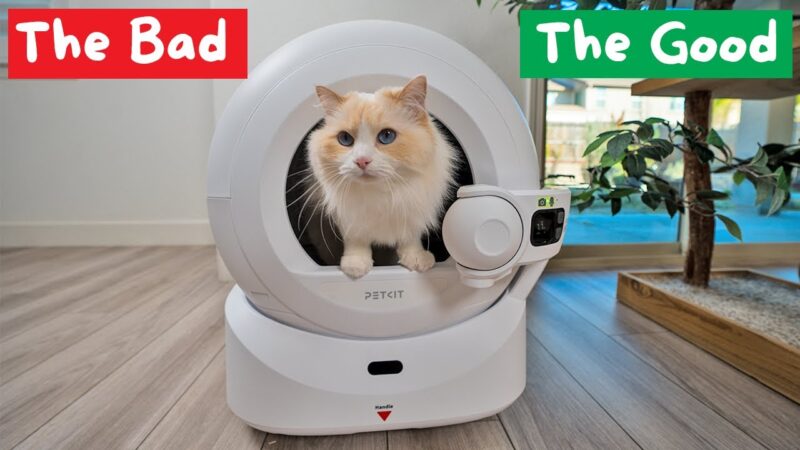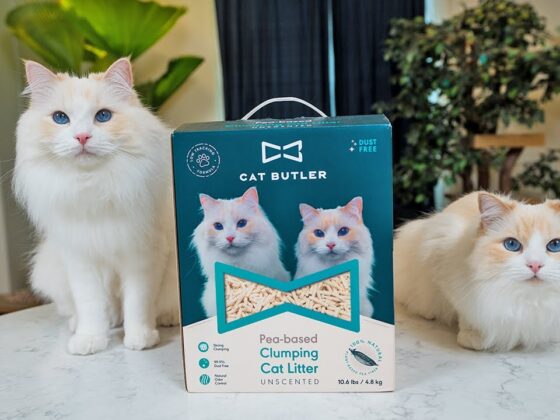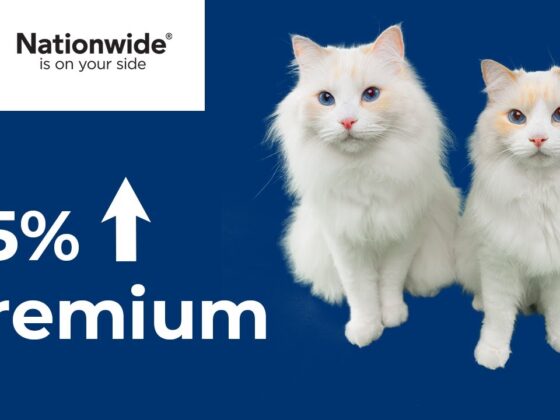Are you constantly battling litter box odor and dreading the daily scoop? You’re not alone! Many cat parents dream of a simpler, cleaner way to manage their feline’s bathroom habits. An automatic litter box promises to revolutionize pet care, but is it truly the “purr-fect” solution, or just another expensive gadget?
In this post, we’re diving deep into the world of automatic litter boxes to help you decide if this smart tech is a worthwhile investment for your home and your beloved cat. You’ll learn about the undeniable benefits, crucial downsides, and how innovative features can address common concerns, ensuring your cat always has a clean place to go and your home stays fresh.
Watch the Full Video
The Convenience Factor: Automatic Litter Box Pros
The allure of an automatic litter box is undeniable, especially for busy individuals or those who simply dislike dealing with cat waste. Here are the key advantages:
- No More Daily Scooping: This is the biggest draw! Automatic litter boxes self-clean after each use, freeing you from manual scooping. As “The Cat Butler” aptly puts it in the video, “One of the biggest perks of an automatic litter box is that it cleans itself, so you don’t have to!”
- Ideal for Busy Lifestyles: If you work long hours, travel frequently, or have a packed schedule, an automatic litter box ensures your cat always has a pristine environment. This can prevent “protest peeing” outside the box, a common sign of a cat’s dissatisfaction with a dirty litter box. For more on this, check out our article on Cat Stress Signs and Solutions.
- Superior Odor Control: Many models feature built-in waste compartments and deodorizing systems that effectively trap odors. This prevents that tell-tale “cat smell” from taking over your living space.
- Beneficial for Multi-Cat Households: In homes with multiple felines, a dirty litter box can quickly become a battleground, leading to accidents or territorial disputes. An automatic system ensures every cat gets a fresh start, reducing stress and promoting harmony.
The Downsides: What to Consider Before Buying
While the benefits are significant, it’s important to be aware of the potential drawbacks:
- High Initial Cost: Automatic litter boxes are a significant investment, often ranging from $300 to $1,000. This can be a barrier for many cat owners.
- Mechanical Issues: With moving parts, there’s always a risk of malfunctions, jams, or breakdowns over time, requiring maintenance or replacement.
- Size and Space: These units are often much larger than traditional litter boxes, which can be an issue for smaller homes or apartments. They can be harder to tuck away discreetly.
- Cleaning Can Be Tricky: Despite self-cleaning, many models require disassembly for deep cleaning, and waste can get trapped in hard-to-reach areas.
- Cat Acceptance: Some timid cats may be intimidated by the automatic cleaning process and refuse to use the box, leading to litter box avoidance.
- Litter Compatibility: Many traditional automatic boxes aren’t compatible with all litter types, especially pellet-style litters, due to their sifting mechanisms.
Addressing Health Monitoring Challenges with Smart Tech
One common concern with traditional automatic litter boxes is the difficulty in monitoring your cat’s waste for health issues. Changes in stool color, consistency, or frequency can be early indicators of serious conditions. “With a traditional litter box, you can easily observe these changes, but an automatic one may dispose of waste before you get a chance to check,” explains the Cat Butler.
However, advancements in technology are bridging this gap. The PETKIT Purobot Ultra, for example, features an AI-powered camera that tracks litter box habits and health more accurately. It can alert owners to changes in frequency, capture images of excrement, and even differentiate between individual cats in multi-cat households, ensuring early detection of potential problems.
Choosing the Right Litter: More Than Just Convenience
Beyond convenience, the type of cat litter you use is crucial for your cat’s health. Traditional clay litter, while popular, can produce dust harmful to lungs and contains sodium bentonite, which expands if ingested. This is why many experts, like the Cat Butler, prefer natural alternatives such as tofu or pea-based litters, which are safer, biodegradable, and often reduce tracking.
The PETKIT Purobot Ultra also stands out here, offering interchangeable sifting components that accommodate different litter types, including pellet-based options. This flexibility allows you to choose a litter that aligns with both your cat’s health needs and your home’s cleanliness.
Is an Automatic Litter Box Right for Your Cat?
Considering an automatic litter box means weighing the significant convenience against the investment and potential drawbacks. For busy owners, multi-cat homes, or those sensitive to odors, the benefits can be life-changing. However, it’s crucial to choose a reputable brand with safety and advanced features in mind. The video emphasizes the importance of selecting brands like PetKit that use a side-to-side cleaning mechanism to prevent injuries.
Ultimately, a clean litter box is vital for your cat’s well-being and your home’s hygiene. If you’re ready to potentially revolutionize your litter routine, an automatic litter box, especially one with smart health monitoring features, could be the perfect upgrade.
What has your experience been with automatic litter boxes? Share your thoughts and questions in the comments below!



